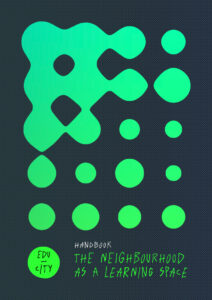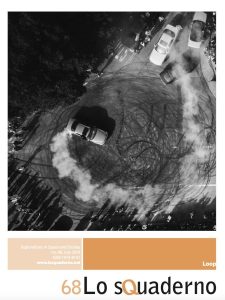LAURA COLINI
Il termine italiano di “Housing sociale” (Hs), deriva dall’anglosassone Social Housing che concerne alloggi a prezzo inferiore di mercato (ad affitto calmierato o con aiuto al pagamento di affitto), costruiti, ristrutturati, gestiti, e di proprietà di enti pubblici, privati non-profit o a profitto limitato. In tal senso il Social Housing si avvicina all’Edilizia residenziale pubblica (Erp), e all’alloggio no-profit o a profitto limitato (ad es. cooperative abitative); mentre l’Affordable Housing, che comprende varie forme di proprietà non necessariamente a profitto limitato, si avvicina all´Edilizia residenziale sociale (Ers). L’Hs all’italiana è piuttosto un termine ombrello non unicamente definito. Anche il PNRR, con un investimento sull’abitare tra i più consistente negli ultimi anni in Italia, non aiuta a stringere la definizione.
Read the full article on Urbanistica Informazioni 311
Published 28 February 2024

